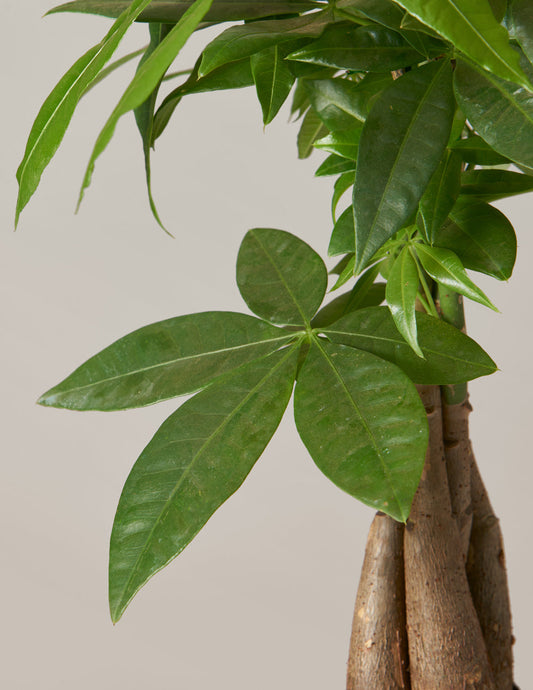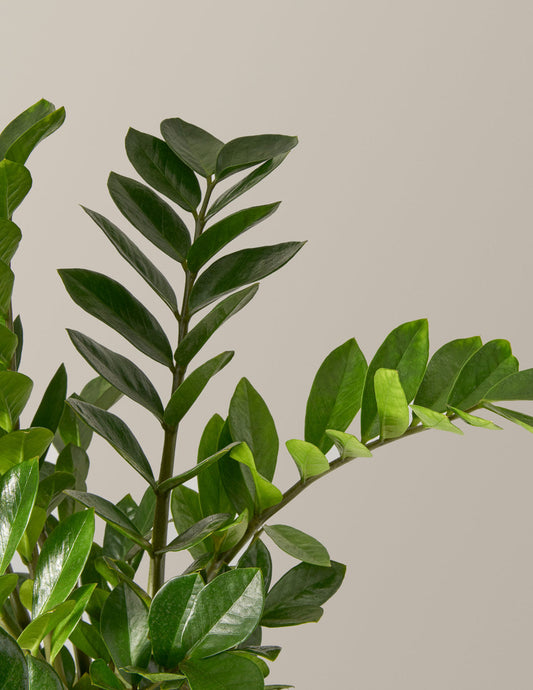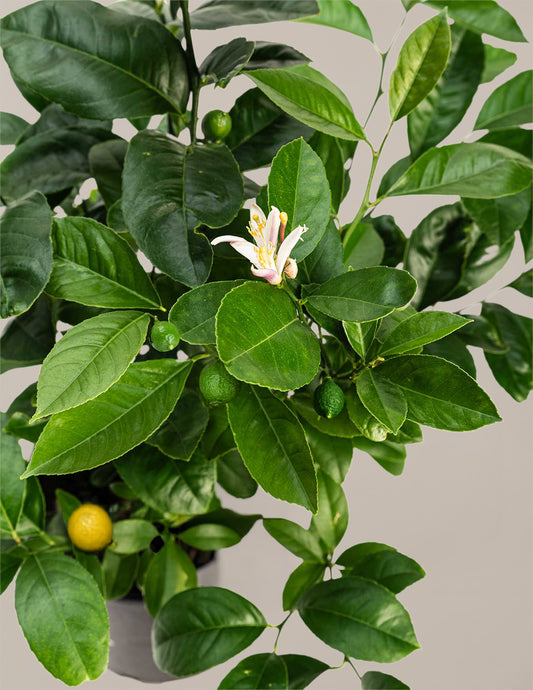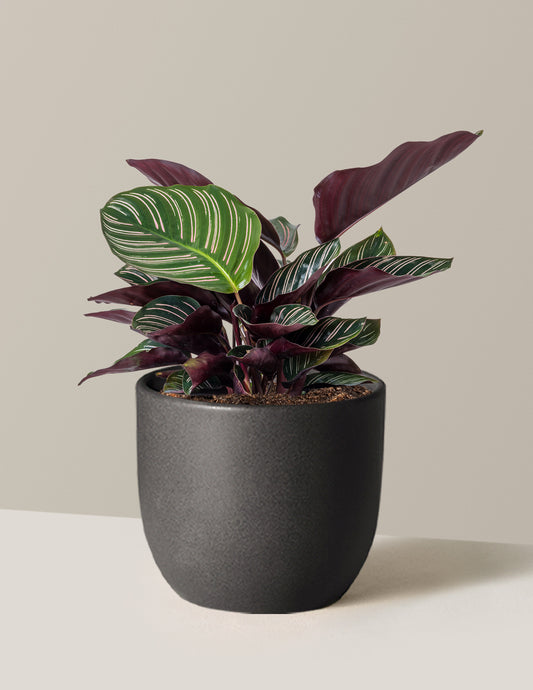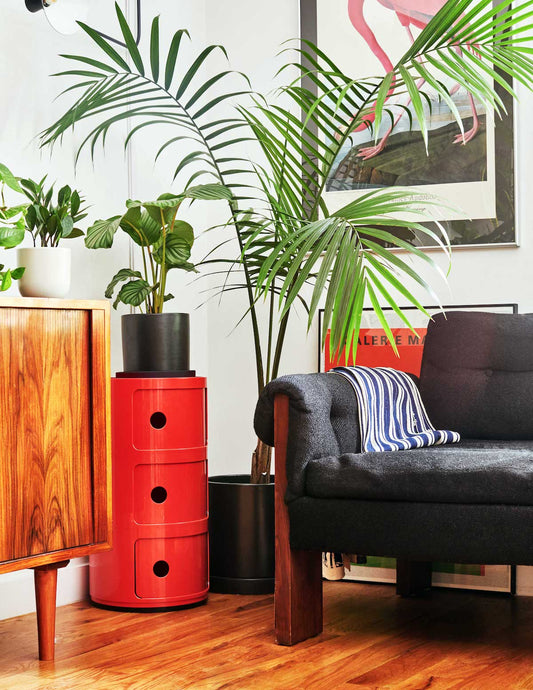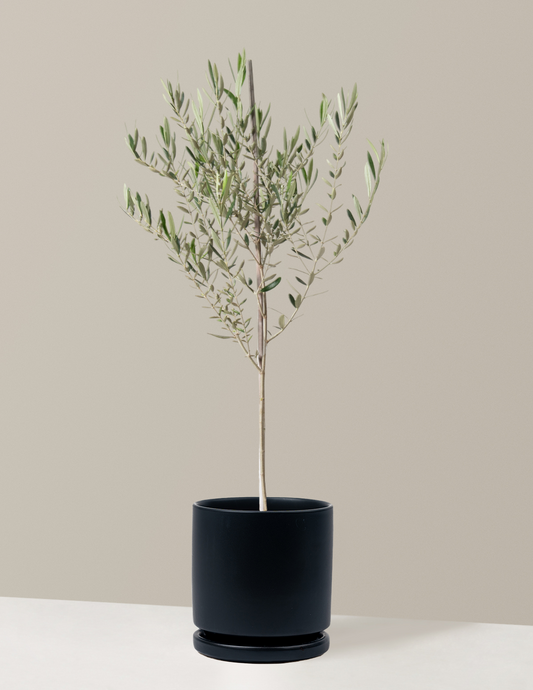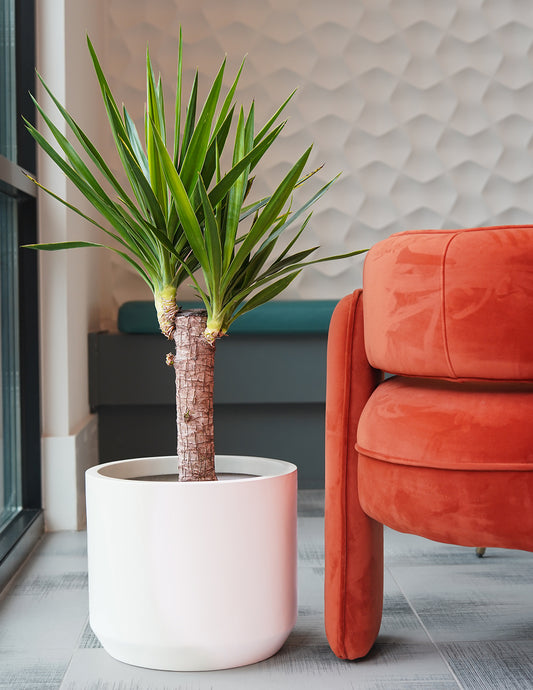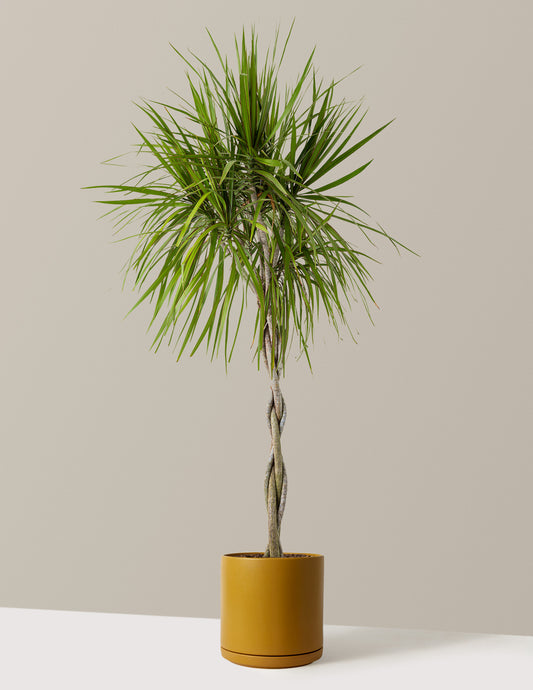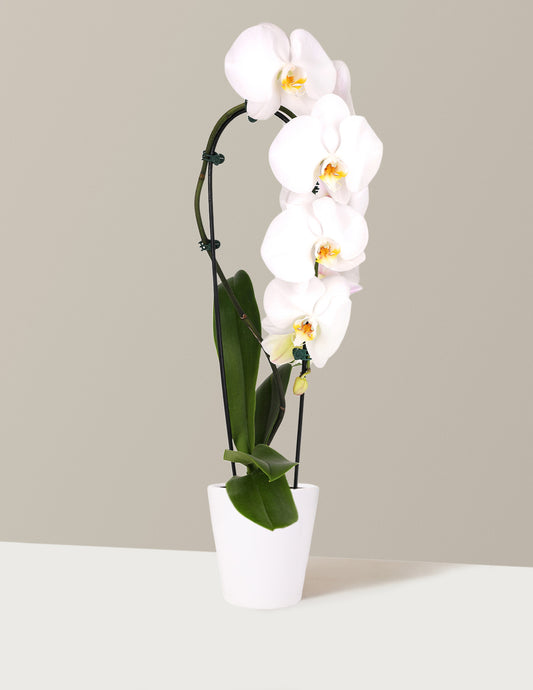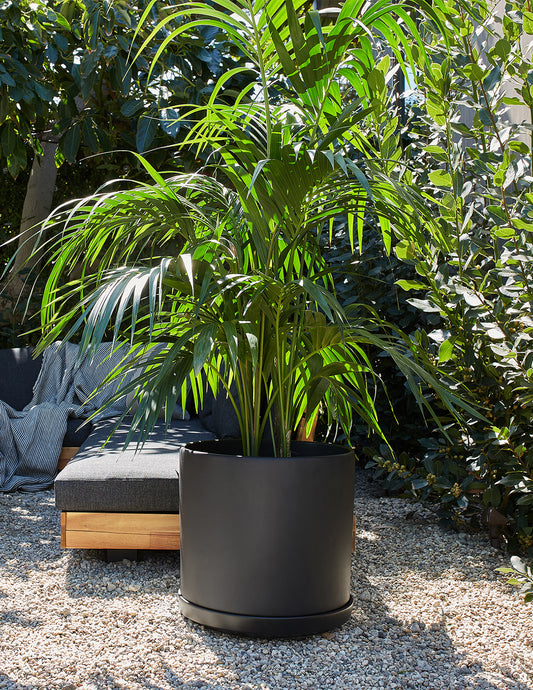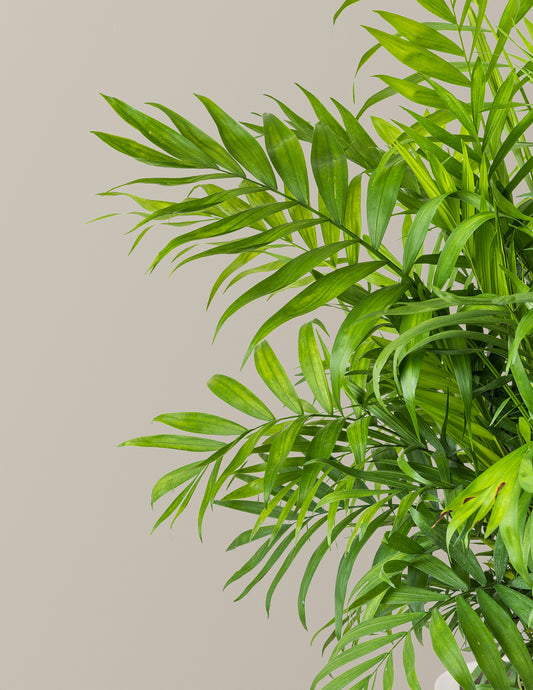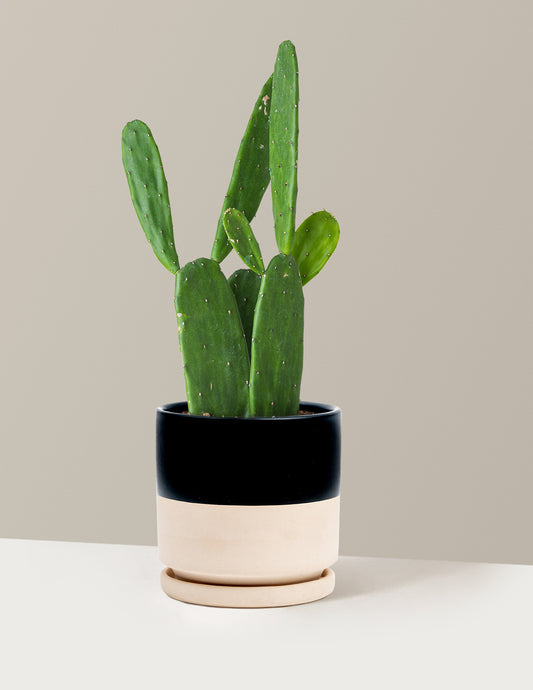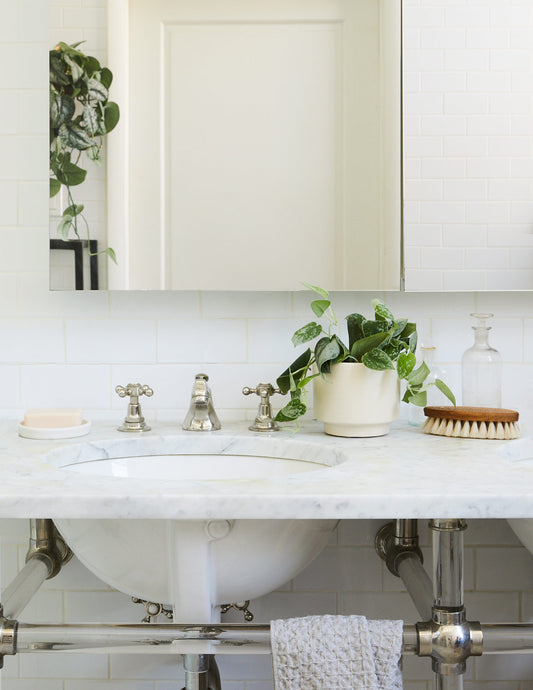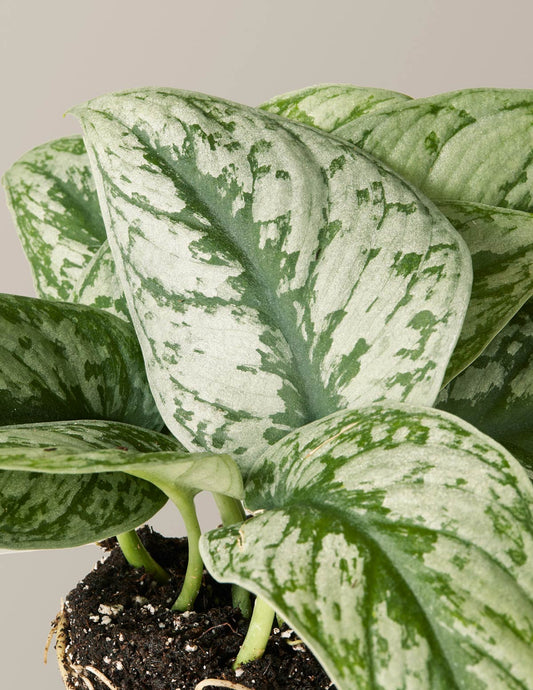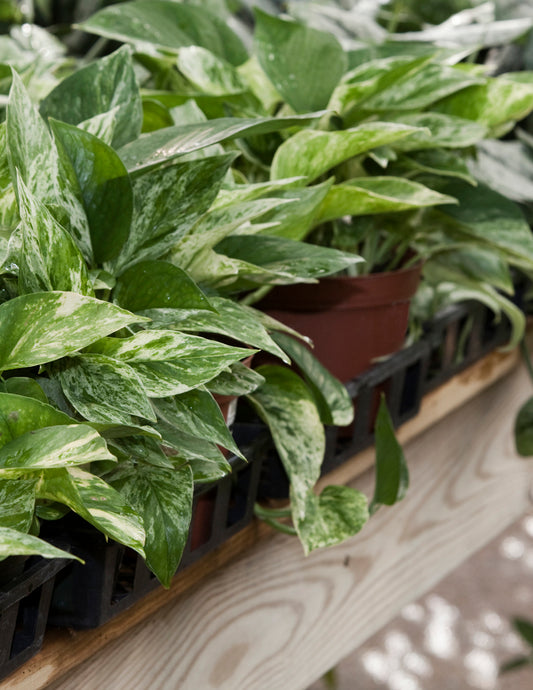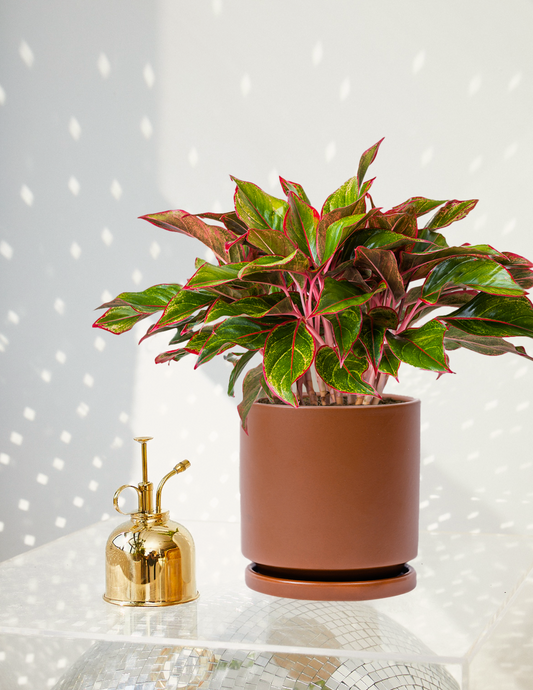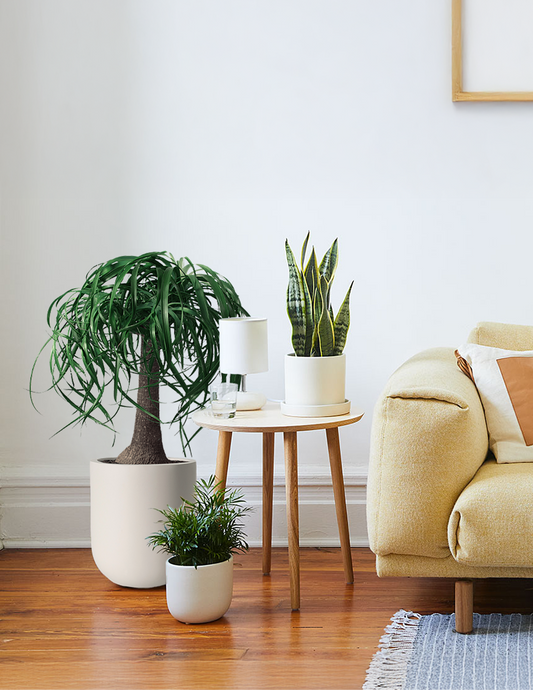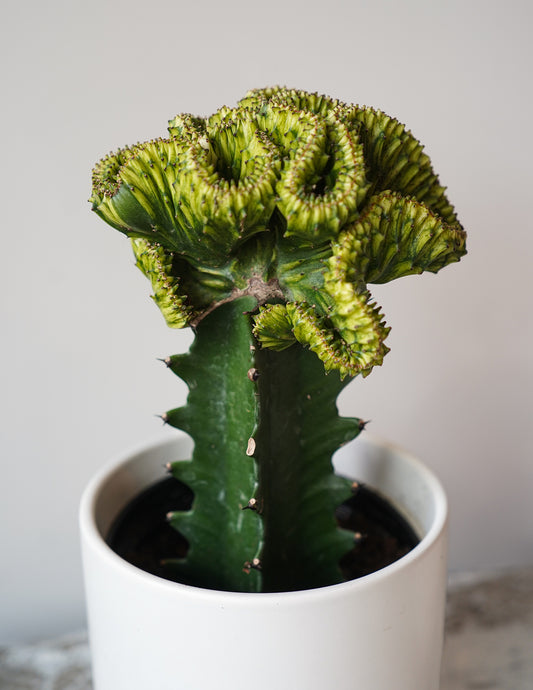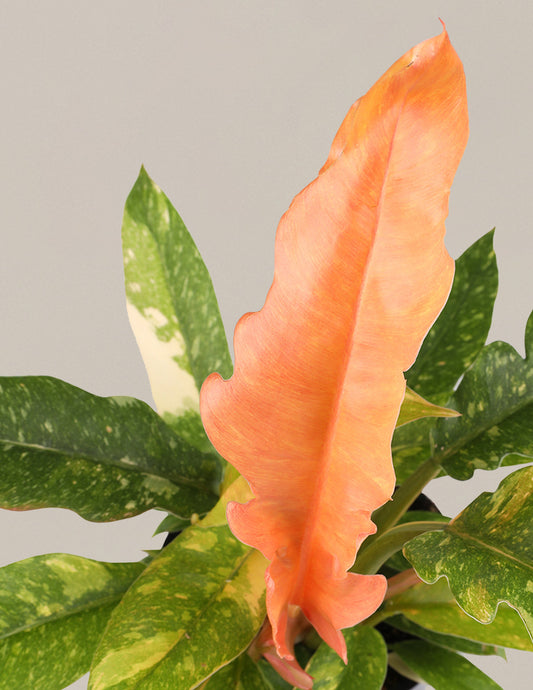Plants Make People Happy
Shop indoor plants, care accessories, and more delivered to your door. Happiness guaranteed.
Most Popular
Shop all customer favorites-
-
-
-
-
Monstera Deliciosa
Choose your planter style & colorLimited time! Get a free Valentine's Day gift with purchase.From $49 -
On Sale
-
Parlor Palm
Choose your planter style & colorLimited time! Get a free Valentine's Day gift with purchase.From $39New Arrival
1
/
of
8
Pet-Friendly Picks
Shop all pet-safe plants-
-
-
-
-
-
-
Parlor Palm
Choose your planter style & colorLimited time! Get a free Valentine's Day gift with purchase.From $39New Arrival -
1
/
of
8
Large & Giant Plants
Shop all large plants-
-
Dracaena Marginata Braided
Statement plant for any space!Now available in giant 6'-7' sizes!From $169New Arrival -
-
-
-
Monstera Deliciosa
Choose your planter style & colorLimited time! Get a free Valentine's Day gift with purchase.From $49 -
1
/
of
8
See What's New
Shop all new arrivals-
Dracaena Marginata Braided
Statement plant for any space!Now available in giant 6'-7' sizes!From $169New Arrival -
-
-
-
-
-
-
1
/
of
8
Easy To Grow With
Shop all beginner-friendly-
-
-
-
-
-
-
-
On Sale
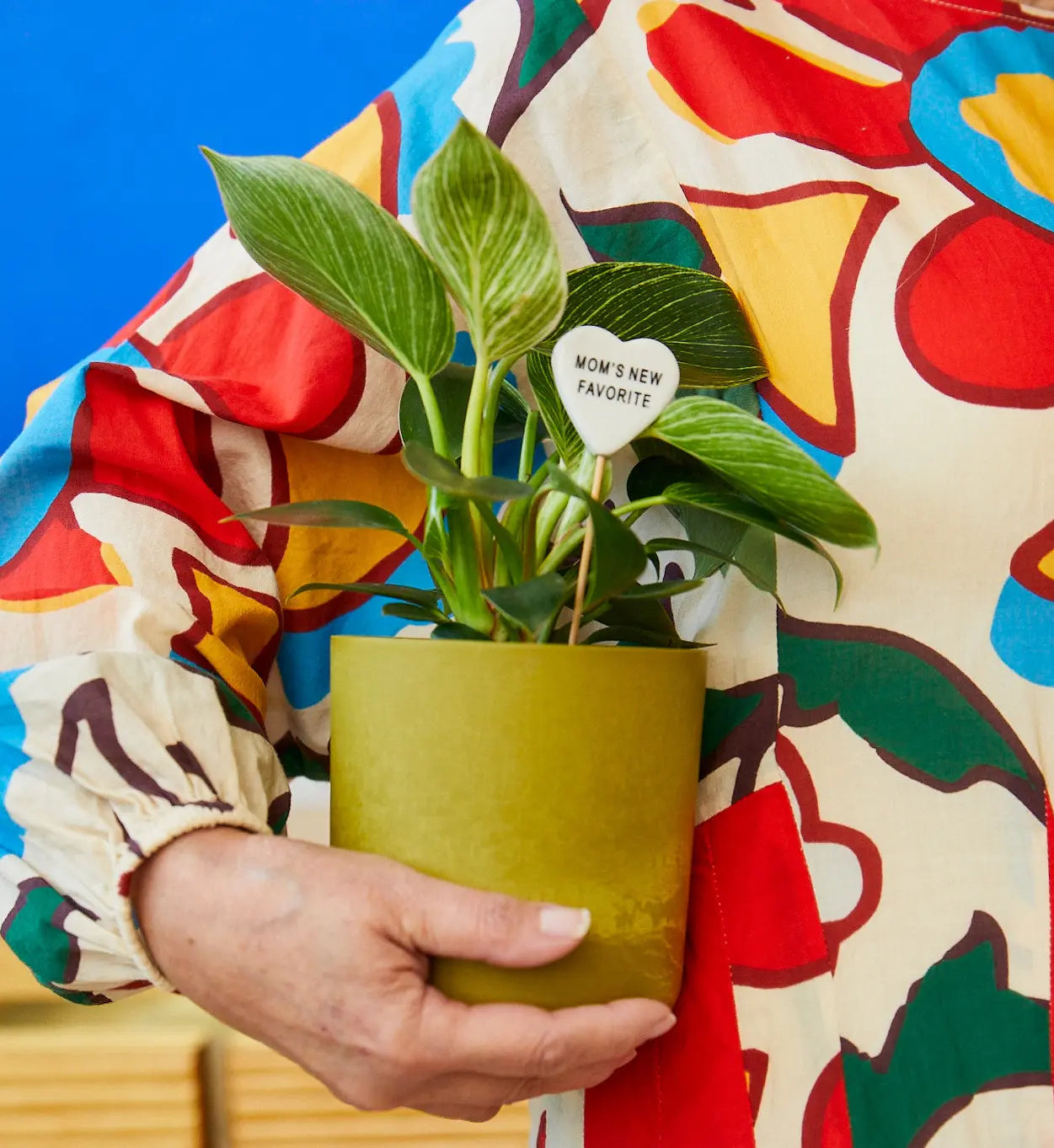
Plant Gift Guide Quiz
Shopping for someone else? We’ll help you find the perfect plant gift.


